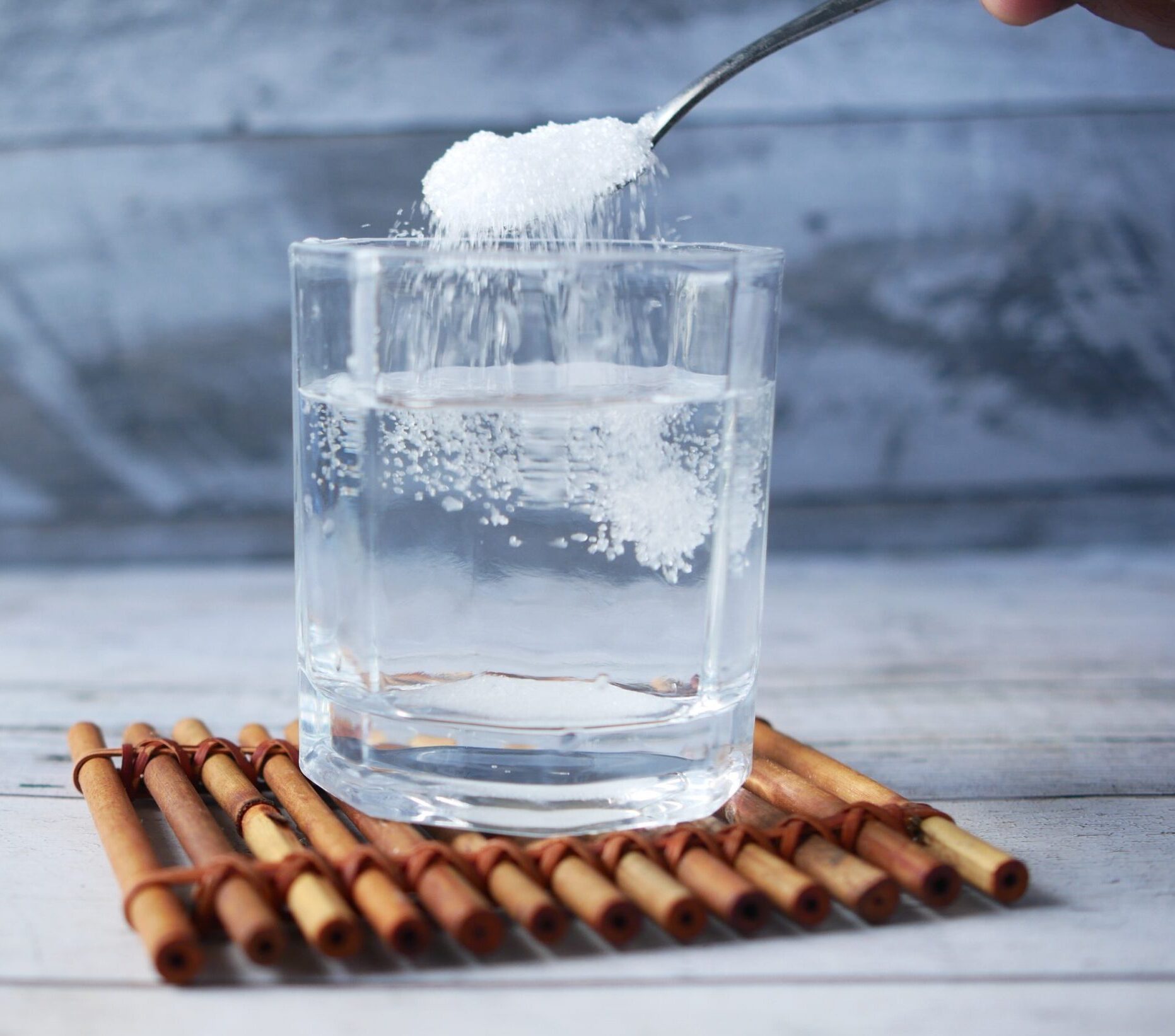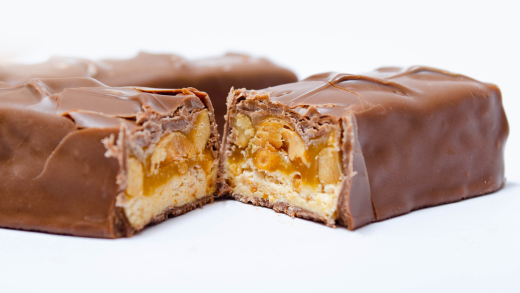In addition to being an effective hand cleaner, sugar is an environmentally friendly household product and safe for drains.
Sugar plays an important role in the kitchen but not just when it comes to food! Whether it’s caked-on dirt from gardening, oils from baking or grease from working on car engines, life often requires us to dive right in and get our hands dirty. Getting them clean again can be tough and sometimes soap alone just isn’t enough to get the job done—that’s when it’s time to reach for the sugar! In addition to being an effective hand cleaner, sugar is an environmentally friendly household product and safe for drains.
Science in Sugar
“Because sugar is water soluble and harmless, it can go down the drain and not cause blockages, unlike some other materials used in hand cleaners,” said Dr. Francesca Kerton, professor of Green Chemistry at Memorial University of Newfoundland in Canada. “Table salt is an ingredient in some scrubs. It is about five times less soluble in water and therefore can lead to blockages in drains. In other cases, organic materials like sand or ground-up peach pits are used. Plant materials like peach pits are normally made from cellulose, which is similar to wood, and are insoluble in water.”
Sugar’s grease-fighting ability comes from its chemical composition, according to Kerton.
“Sugar is a great scrub because it is a crystalline material or a solid that likes to form small cube-like objects,” she said. “It is also a bit softer and more soluble in water than table salt and less scratchy than sand and some other solids that could be used.”
Kerton recommends filling one palm with white sugar and then adding two generous squirts of dish soap.
“I rub the sugar and soap together in my palm and then spread the semi-dry mixture over both palms and onto the back of my hands,” she said. “I then add a small amount of water to get some foam forming and use a nail brush to provide some extra abrasion and clean under my nails, too.”
It is important to rinse the drain with plenty of hot water after using sugar to clean your hands.
“Sugar is more soluble in hot water,” Kerton said. “Also, using sugar is safe for septic tanks or main sewers and won’t cause any harm.”
Green Chemistry
Kerton, originally from the UK, has authored more than 80 scientific papers related to green chemistry.
“Green chemistry is the design of chemical products and processes that reduce or eliminate the use or generation of hazardous substances,” she said. “It is guided by a set of twelve principles that were introduced 25 years ago. These principles are designed for the safety of the environment and can be applied to chemistry in general.”
Kerton also teaches undergraduate and graduate-level classes in general and inorganic chemistry. Her first research in the field of green chemistry focused on creating environmentally friendly solvents.
“Within green chemistry, I teach ways to do chemistry in a more environmentally friendly way,” she said. “Don’t believe it when something claims to be ‘chemical free.’ That is impossible because everything is made of chemicals, including humans, food, and plants. Often using chemicals produced by plants, such as sugars, can be less impactful on the environment.”





Get Social with #MoreToSugar